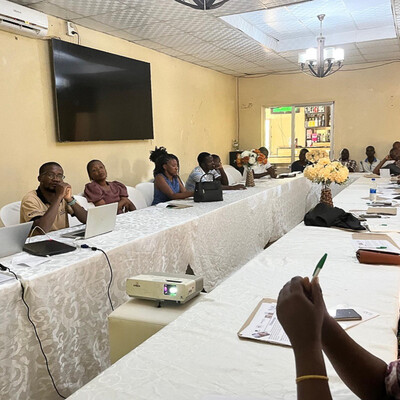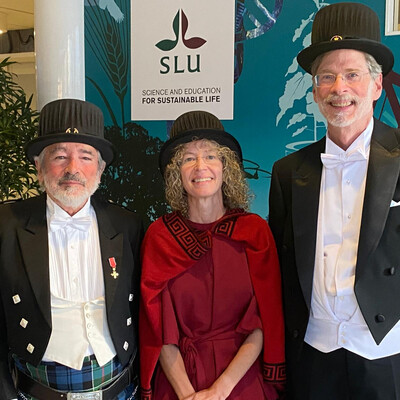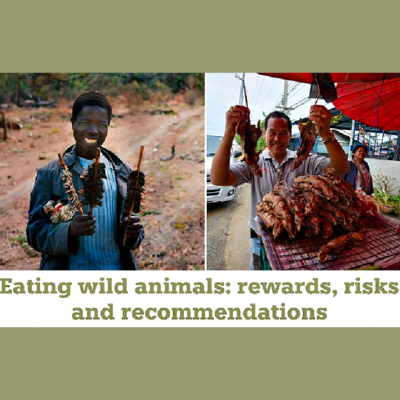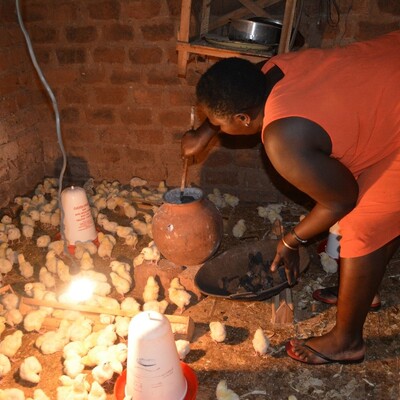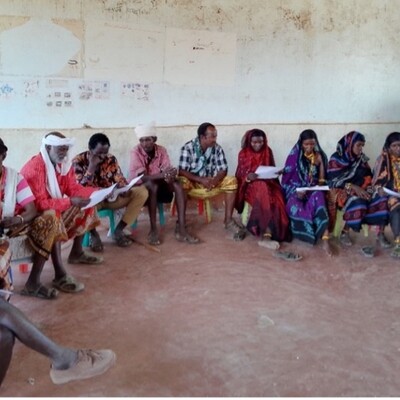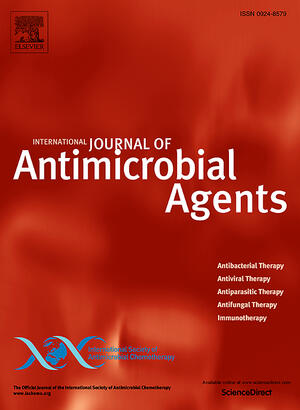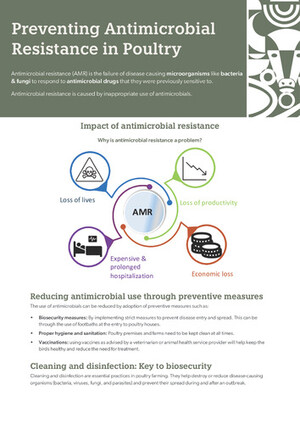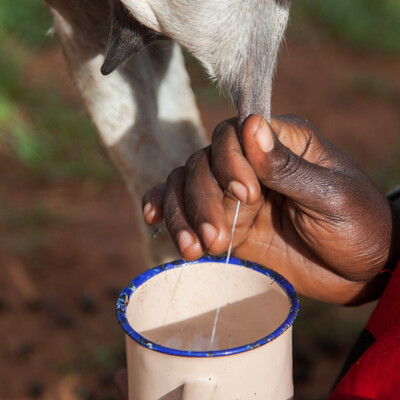
Uganda biobank to promote access to livestock samples and data
The International Livestock Research Institute (ILRI)-led Boosting Uganda’s Investment in Livestock Development (BUILD) project has established a biorepository to support livestock sample storage and data management in Uganda.
Housed at the National Animal Disease Diagnostics and Epidemiology Centre (NADDEC) in Entebbe, the new facility is part of the ‘democratizing the C drive’ process, a term coined by the BUILD project’s Data Management team to encourage project stakeholders to make their data freely available, in line with the CGIAR open access and open data policy.
The biorepository was launched on 22 September 2022 during the annual BUILD planning meeting and will be used for current and future research, including collection and storage of biological material as well as creation and refinement of data tools. Each of the two -80°C freezers in the biorepository can hold 36,000 samples stored in pre-barcoded vials. About 12% of the storage space is currently in use.
The data collection and processing journey
Most of the samples in the facility are from the BUILD project’s 21 research sites in Uganda (see Figure 1), which are collected using the Open Data Kit (ODK), an open-source mobile platform.
Figure 1: BUILD project study sites and sources of biodata samples for Rift Valley fever (RVF), antimicrobial resistance (AMR), pestes des petit ruminants (PPR) and veterinary public health at points of slaughter (VPH).

Credit: ILRI/Max Korir
These data are then sent to a central server for analysis, which includes processing of the physical samples and completing the accompanying metadata sheets with the information captured using ODK. The physical samples are then stored in the biorepository, which is the central storage and access point for biological material and related data.
Over time, this ‘treasure box’ of data has grown and processes have been developed to guide operations and define metadata standards as well as hardware/software requirements. So far, BUILD has invested €200,000 (€1= USD 1.02 at 22 Nov 2022) in the purchase of freezers, generators, capacity building for researchers and technicians, and installation of biobanking software OpenSpecimen.
Users with login access can view the contents of the freezers online and view sample-related information including reports and locations within the freezers. Researchers can use the available samples upon approval by the BUILD Project Management Committee.
‘The BUILD project is taking advantage of advancement of technology and access to the internet to improve the way data are collected, organized, presented and shared. The biorepository helps the team to effectively manage data and make them available, findable, accessible, interoperable and reusable,’ said Innocent Obilil, the project’s data systems management specialist.
The biorepository was set up with financial support from the German Federal Ministry for Economic Cooperation and Development (BMZ) through the BUILD project and the One Health Research, Education and Outreach Centre in Africa (OHRECA). Additional support was received from the CGIAR research programs on Livestock, Agriculture for Nutrition and Health, and other CGIAR funders.
About BUILD
The BUILD project is a research for development initiative funded by BMZ and implemented by ILRI in partnership with Ministry of Agriculture, Animal Industry and Fisheries (MAAIF), the National Livestock Resources Research Institute (NaLIRRI), the German Federal Research Institute for Animal Health (FLI), Vétérinaires Sans Frontières (VSF-G) Germany, the German Federal Institute for Risk Assessment (BfR), Freie University of Berlin (FU Berlin), Germany, and the Kenya Medical Research Institute (KEMRI).
Read more about the biorepository:
https://hdl.handle.net/10568/121984
https://hdl.handle.net/10568/115645
https://hdl.handle.net/10568/109524
Photo: (L-R) Ben Lukuyu, ILRI Uganda country representative; Jimmy Smith, ILRI director general, and Innocent Obilil, ILRI data systems management specialist inspect samples at the National Animal Disease Diagnostics and Epidemiology Centre in September 2022 (photo credit: ILRI/Timothy Ouma).






